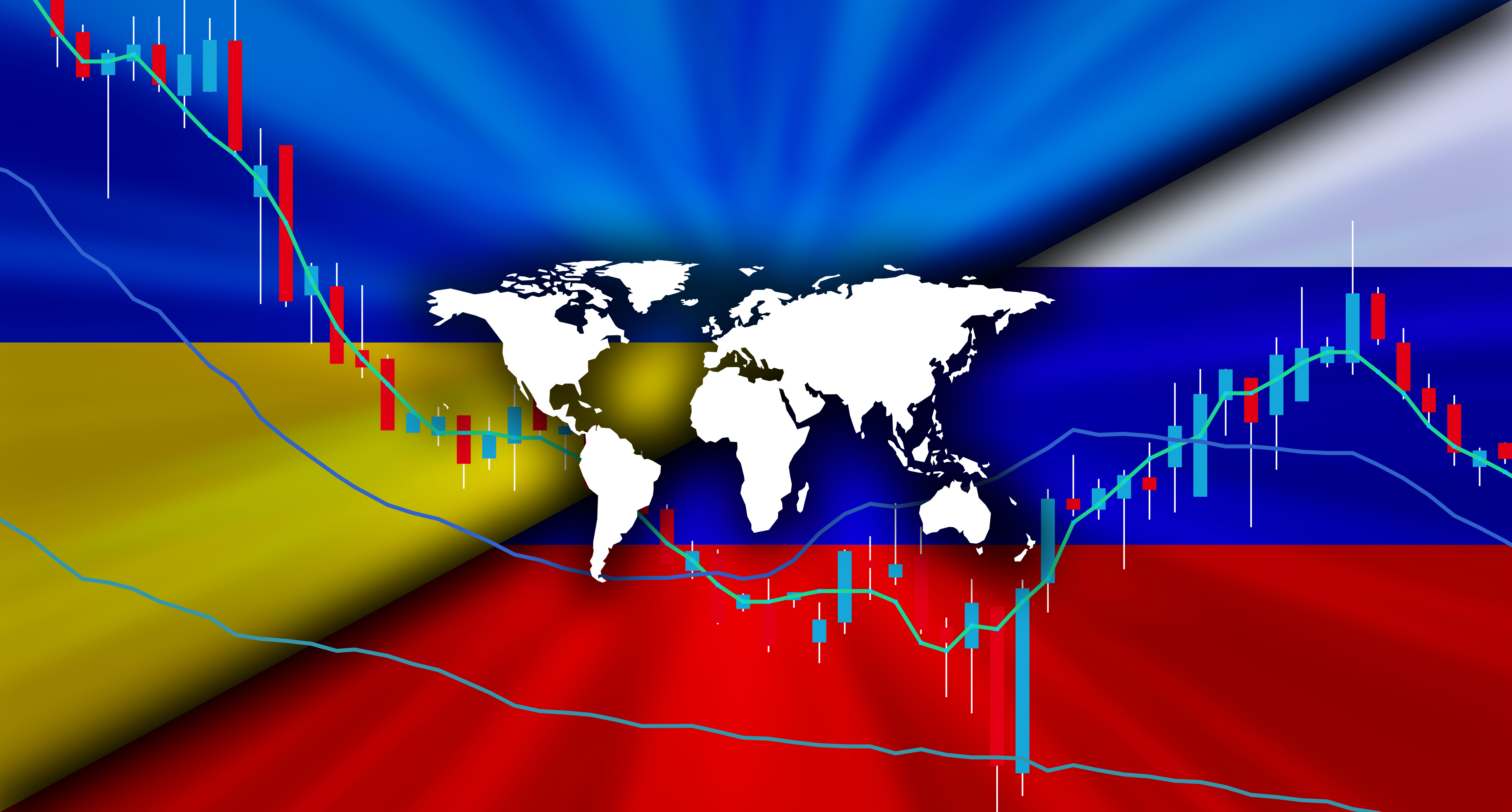
Ukraine’s trade negotiator has appealed for between Russia and Ukraine on exporting grain to be extended to other products, such as steel, after the first ship carrying food produce cleared Turkish controls.
Taras Kachka, who is also the Ukrainian deputy economy minister, said he was hopeful the agreement between the two countries for the resumption of grain traffic would remain in place, according to the FT.
The Evening Standard reports that the deal allowed Ukraine – known as the ‘breadbasket of Europe’ for its grain exports — to move 22 million tons of grain and other agricultural goods that have previously been stuck in their ports because of Russia’s blockade of Ukrainian Black Sea ports.
Other products
Kachka suggested that the grain pact could serve as a template for other commodities such as steel and iron ore.
“This agreement is about logistics, about the movement of vessels through the Black Sea,” he said. “What’s the difference between grain and iron ore?”
‘Stable’ food exports
The safe passage compromise was brokered between the two states by the UN and Turkey, and includes a monitoring station in Istanbul, as reported yesterday in the IOE&IT Daily Update.
Ukrainian Infrastructure Minister Oleksandr Kubrakov said: "We expect that the security guarantees of our partners from the UN and Turkey will continue to work, and food exports from our ports will become stable and predictable for all market participants," according to Reuters.
Russian support
Russian spokesman Dmitry Peskov described the deal as “a mechanism that is designed to ensure the export of the grain that has accumulated in these ports.”
The announcement comes as four more carriers have cleared Turkish inspection, according to maritime specialist TradeWinds.
One of the vessels, The Rojen, is destined for Teesport in the northeast of England, whilst a second, the Navi Star, is headed to the Irish port of Ringaskiddy in County Cork.
Food price drop
According to Bloomberg, the UN index of world food costs fell by 9% in July, the most since 2008, as concerns over supplies of grains and vegetable oils began to ease, partly in response to Ukraine’s resumption of food exports.
Ukrainian infrastructure minister, Oleksandr Kubrakov, said he plans “to ensure ports have the ability to handle more than 100 vessels per month,” as reported by the Guardian.



